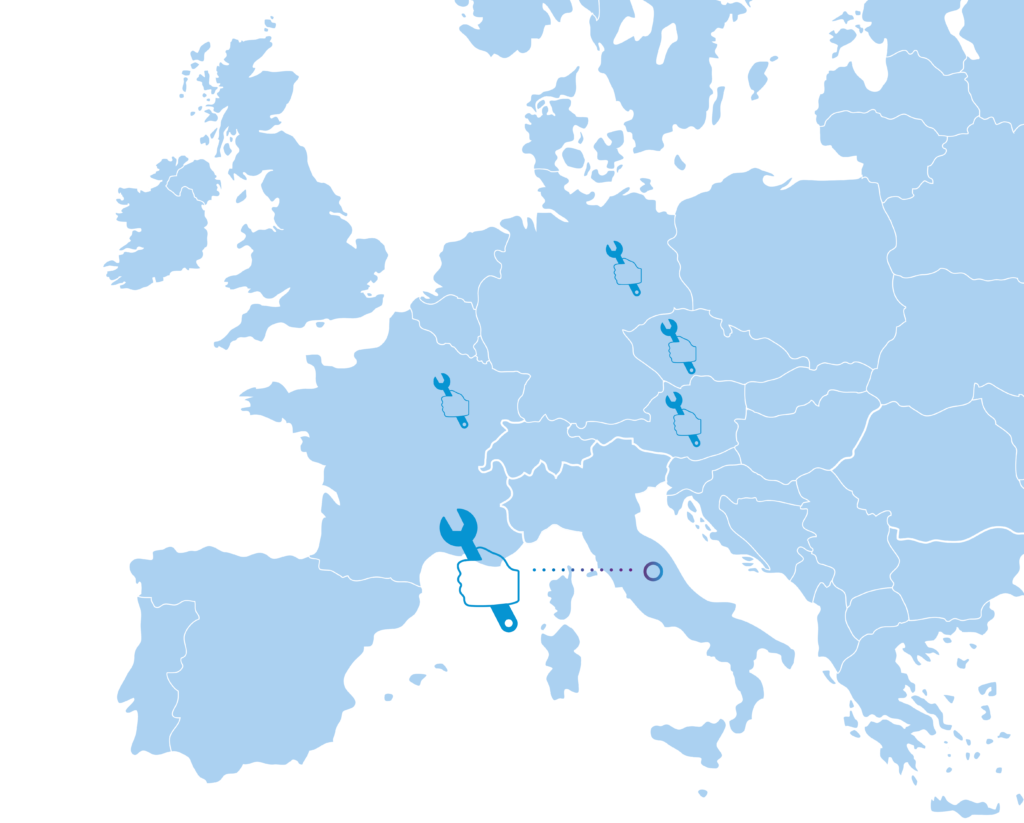Planning each individual outage is the TSOs responsibility. However, since local actions in one area can have significant and possibly problematic effect on neighbouring areas, there is a strong need to share the information among all inflicted parties and to assess the overall compatibility of these outages.
This is the role of the regulated Outage Planning Coordination (OPC) service performed by RCCs to preserve the reliability of the interconnected power system.
This OPC service aims to:
- Identify Tie-Lines Inconsistencies (TLI) at a pan-European level but also Outage Planning Incompatibilities (OPI) per regions;
- Propose solutions to TSOs to relieve these incompatibilities: at least non-costly remedial actions and adaptations of availability and outages’ planning (firstly on grid elements, secondly on other elements if no solution is available);
- Coordinate remedial actions with the other RCCs.
During OPI process, RCCs determine whether the outage planning of TSOs is secure. In case incompatibilities between relevant assets (grid elements, generators or loads whose availability status has cross-border impact) are detected, RCCs shall propose remedial actions and perform a security assessment whether the grid is secure after the remedial actions have been applied.

The whole OPC process is done thanks to close coordination with concerned TSOs and/or impacted RCCs.
This service is requested for the year-ahead and week-ahead timeframes. Updates are done up to week-ahead based on TSOs request for planning modification or significant changes to the expected operational conditions.
Read more information about this OPC service in our annual report or consult the SOGL regulation.
This service is still under development. Therefore, the above explanations may be amended after the full development of this service takes place.



